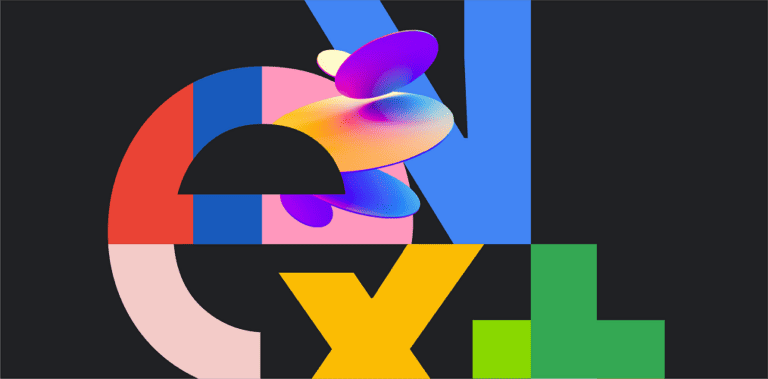Roughly 18 months on from the initial launch of Google’s AlloyDB database for PostgreSQL in Google Cloud, the product team at the search and cloud giant says that users are now more ‘increasingly’ interested in eliminating their dependency on high-cost legacy databases. But what does this mean for the new breed of more open and fully supported high-performance databases with what may be perceived to be ‘more friendly’ licensing options?
Before we attempt to answer this question, let’s remind ourselves which technologies are in the mix here. Google’s AlloyDB database is a database, simple as that, but it is positioned as open (it is built on open source foundations) and managed (Google will provide support services for a price, but its foundational technologies remain open) for enterprise use cases.
What is PostgreSQL?
The database itself is described as ‘for PostgreSQL’, but it might be more accurately described as ‘of or from PostgreSQL’ as it is built using the mechanics of the PostgreSQL ecosystem. Named to denote its status as after (post) Ingres, a SQL database that first originated in the 1980s, the SQL element of course relates to Structured Query Language – a means of querying relational database management systems. Today we talk about PostgreSQL as an enterprise-level relational database that supports both SQL (relational) and JSON (non-relational) querying. After over 25 years of development and augmentation, PostgreSQL is said to exhibit resilience, integrity and correctness.
Take all that database engineering forward and run it in Google Cloud and you pretty much have AlloyDB, an essentially cloud-centric technology proposition. But in a world where not everything is cloud-native or even suited for cloud migration, AlloyDB may have found less favour. Some organizations will always need to run a proportion of workloads on-premises in order to meet regulatory or data sovereignty requirements. With some edge computing Internet of Things (IoT) workloads also not suitable for full-blown cloud, the always-on world of cloud connectivity is not always a given.
Google has used these last 18 months to think about those deployment scenarios and has now announced the general availability of AlloyDB Omni, a downloadable edition of AlloyDB.
Runs anywhere, laptops included
Senior product manager at Google Cloud Kevin Jernigan says that AlloyDB runs virtually anywhere — on Google Cloud, AWS, Azure, Google Distributed Cloud Hosted, on-premises and even on developer laptops.
“AlloyDB Omni includes support for AlloyDB AI, an integrated set of capabilities built into AlloyDB for PostgreSQL, to help developers build enterprise-grade generative AI applications using their operational data. AlloyDB AI delivers 10x faster vector queries than standard PostgreSQL, easy embeddings generation using SQL, and integrations with the Google Cloud AI ecosystem including the Vertex AI Model Garden and open source gen AI tools,” explained Jernigan, in a product statement.
Google Cloud Customer Care
This all seems to line up so far then, but users will still need support for this open technology base if it is – as Google claims – to be fully enterprise-grade and supported. No problem says the team, mission-critical applications can get all the love they need from Google Cloud Customer Care, which is now also available for AlloyDB Omni.
“We are also launching the preview of the AlloyDB Omni Kubernetes operator, which simplifies common database tasks including database provisioning, backups, secure connectivity and observability, allowing you to run AlloyDB Omni in most Kubernetes environments. We plan to expand the capabilities of our Kubernetes operator to ensure it provides the features that customers need to run their most important database workloads in their Kubernetes environments,” notes Jernigan.
The shopping list of ‘stuff we need from an open enterprise-grade database with less restrictive licensing than the old school behemoths’ appears to be fairly comprehensively detailed. There are more flexible deployment (for on-premises, edge and other) options, there’s support and there are key cloud software application developer and data science toolbox functions spanning provisioning, connectivity and observability.
Keen to get its product offering here in the hands of users and practitioners, Google is also extending the AlloyDB Cloud Ready program to now include AlloyDB Omni. Why? Because it sees real world development projects among technology partners, system integrators and Independent Software Vendors (ISVs) as key to the further development of this level of technology.
The end of open, open source?
As we now build what Google and others are fond of calling ‘differentiated applications’ inside modernised data fabric frameworks running a mix of multi-cloud services, we will need enterprise-grade open (but supported) technology to come to the fore. Whether that drives us towards an inevitable Silicon Valley future where the open factor in open source has been stripped and denuded much of the real FOSS-factor (free and open source) that underpinned the initial development of technologies in this space from Linux to Kubernetes and everywhere in between is yet to be seen.
